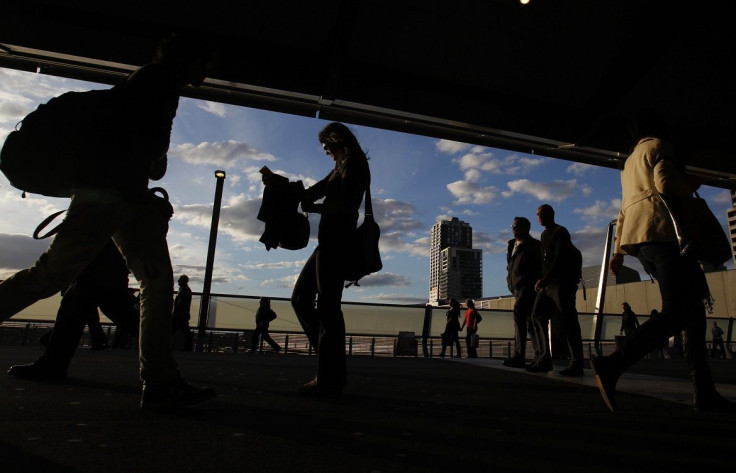Nothing can stop Melbourne strike from happening: Metro CEO

The wage dispute between the Metro Trains and the Rail, Tram and Bus Union, or RTBU, has resulted in Friday’s transport strike as promised by the staff members and as expected by the Victorian public. This is the first time in the past 20 years that Melbourne is faced with such bad traffic congestion.
Around 700 train services have been cancelled on Friday because of the industrial action taken by the RTBU. As already known, the strike has begun at 10:00 a.m. and is expected to continue for four hours until 2:00 p.m. However, the preparations for the train strike on Friday already started at 8:30 in the morning and the services are assumed to take the pace till 4:30 evening.
On Thursday afternoon, Metro CEO Andrew Lezala claimed nothing could stop Friday strike because the negotiation talks will continue into the night. “We have had to load up a new timetable, all driver rosters have been issued and it takes 48 hours to call the drivers and change the timetables,” he said.
VicRoads acting road operations director Nick Fisher told AAP that the congestion will start early and it will continue till middle part of the day. He stated that the people are requested to stay at home if there are no emergencies.
Over 350 extra bus services have been introduced for the Friday strike to make travel comfortable for commuters. Regional trains of V/Line will still run but are not expected to halt at suburban junctions. Earlier this week, Fair Work Commission refused to control the industrial action taken by the union, as requested through a bid by Metro Trains.
Metro Trains’ consent to hike wages to 17 percent seemed dissatisfactory to the union members. As a result of traffic blocks on Thursday and Friday were sustained. The Friday strike in Melbourne is the third vital traffic disturbance in two weeks because of the disagreement of both the parties involved in wage dispute.
Union Secretary Luba Grigorovitch hoped that Metro would take a proper step to bring the situation under control. But she disappointedly said, “The actions of the company clearly look to strongarm workers into sacrificing health and safety to deliver flexibility that will only serve to boost profits at the expense of workers.”
Contact the writer at feedback@ibtimes.com.au, or let us know what you think below.






